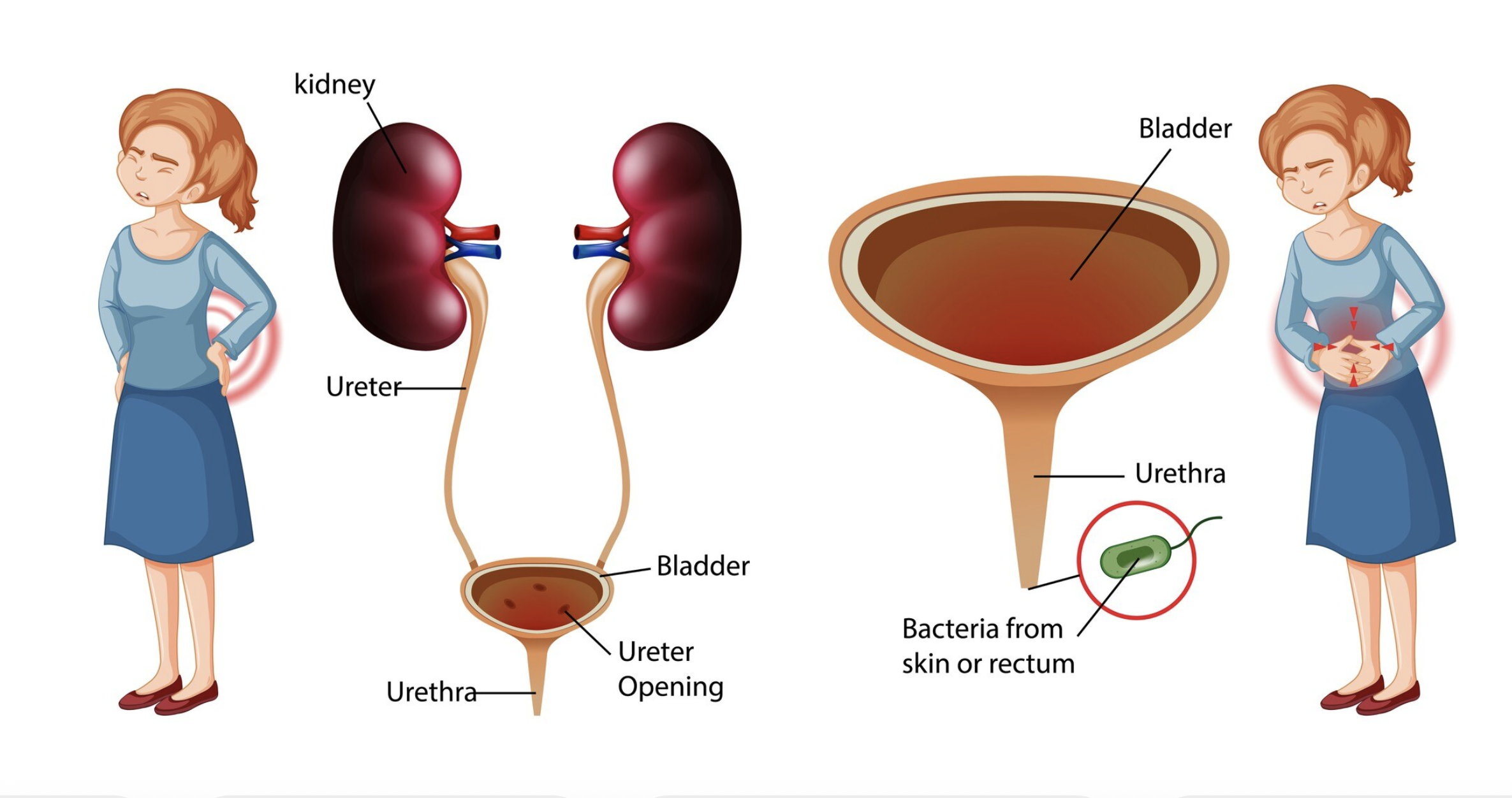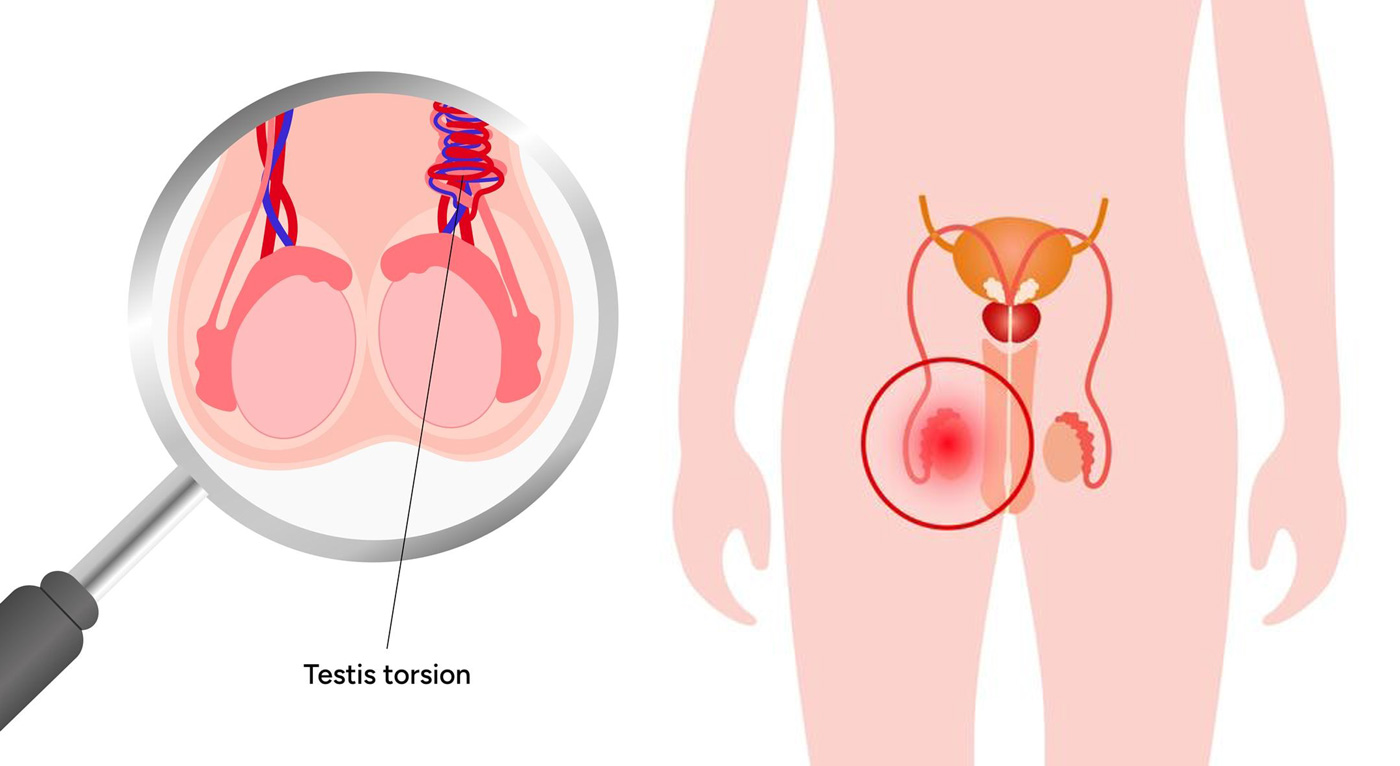Diet and hydration play an important role in urinary system health and can have preventive and therapeutic effects. A balanced diet and adequate hydration support the function of the kidneys, bladder, and other parts of the urinary system. In this article, I will provide a simplified explanation of how certain eating habits and hydration strategies affect urinary tract health and some practical tips for a healthy lifestyle.
The effect of nutrition on urinary tract health
1. Oxalate reduction
Oxalates are compounds found in many plant foods. High levels of oxalate can contribute to kidney stones, especially in people exposed to oxalate stones. Reducing consumption of oxalate-rich foods such as spinach and nuts may reduce the risk of kidney stones.
2. Reduce salt consumption
Eating large amounts of salt can lead to increased excretion of calcium in the urine, which may contribute to the formation of kidney stones. A low-salt diet can help reduce this risk. It is recommended to limit the daily salt intake to less than 5 grams.
3. Regulation of protein intake
Excessive consumption of animal proteins can increase uric acid production and promote the formation of uric acid stones. It is useful to follow a balanced diet with a moderate amount of animal proteins and a higher intake of plant proteins.
4. Eat enough fiber
Fiber aids digestion and can help increase calcium excretion in the stool, which may prevent kidney stones from forming. A high-fiber diet includes whole grains, fruits, vegetables, and legumes.
The effect of water on urinary tract health
1. Adequate hydration
Adequate hydration is essential for kidney and bladder health. It helps to dilute the concentration of minerals in the urine and reduce the risk of kidney stone formation. It is recommended to drink at least 2 to 3 liters of water per day, depending on individual needs and activity level.
2. Avoid sugary drinks
Sugary drinks such as soft drinks and sweetened juices can increase the risk of urinary tract infections and kidney stones. Water, unsweetened tea, and diluted fruit juice are better alternatives.
3. Moderate caffeine consumption
Caffeinated beverages such as coffee and tea can have a diuretic effect and lead to increased fluid excretion. A moderate consumption of up to 400 mg of caffeine per day (equivalent to about 4 cups of coffee) is considered safe.
Practical tips for a healthy diet and hydration of the urinary tract
Dietary diversity: A balanced diet with a variety of foods ensures that the body gets all the nutrients it needs.
Hydration schedule: Drinking regularly throughout the day helps maintain continuous hydration. Carrying a bottle of water can serve as a reminder to drink regularly





